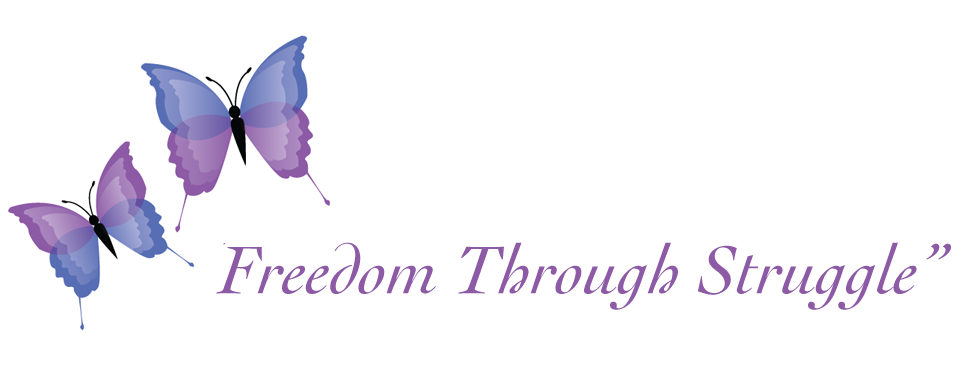Am I in a controlling relationship?
This article will reflect on discerning whether a relationship we are in is controlling. This is not always easy to establish for many complex reasons. If the other person is in a significant position such as a parent, leadership of an organisation or someone else who we rely on, we may be unsure as to what is actually happening. They may expect us to submit without discussion or questions.
To help us reflect, let’s consider some vignettes:
How do we relate to our parents when we are adults?
Sometimes the dynamics of our childhoods continue into adulthood. We remain ‘little with no voice.’ Parents remain ‘in charge and know better than we do.’ When was the last time you were in a car with your parents when you were the driver – what did you notice about the journey? Was it nice and relaxed or was there a non-stop critical voice next to you telling what direction to go in and to ‘watch that pedestrian.’ You notice that this is not a one-off experience but happens most times when you are in a car together. Now this could be caused by anxiety in the parent. However the interesting part is where you ask your parent politely not to do that as it disturbs your concentration.
The way that the parent responds is significant – do they erupt and call you rude? Could it be that there is a control issue here?
How about with your romantic partner?
It can be interesting to think about how we relate to our romantic partners – are we ‘people pleasing’. By this I mean are we are anticipating everything that could go wrong if we don’t ‘get it right’ Do we feel anxious as their key turns in the door. We do this sometimes because we are afraid of conflict, rejection or abandonment.
Imagine something isn’t ‘quite right’ – We are home later that we had anticipated.
How does our partner respond – do they erupt and demand all the details of where we have, with whom and what we have been doing?
How about at work?
Imagine you are finding work difficult because the workload is too much and you are exhausted. Things at home aren’t going particularly well either and you are not at all sure what to do. Perhaps you feel that you just have to ‘get on with it.’
Imagine that you were to speak to your line manager about your mental and physical health. Does the mere thought of this cause you to feel anxious and stressed?
How do you imagine your manager would/might respond to you – would they dismiss and belittle you? Perhaps they would manipulate you so that you feel guilty if you don’t acquiese to their demands?
Some dynamics of controlling relationships and the possible impact of this.
- No matter what we do, the other person is not satisfied
- We are micro-managed to ensure that we ‘get it right’
- We want to speak but know that to do so is not safe – emotionally or physically
- We try and speak with the other person but they don’t listen and tell us that we are wrong and they are right
- Internally we feel stressed, sad, disempowered, anxious, angry (this may be repressed or suppressed)
- We may have physical symptoms such as headaches or upset stomachs that don’t have another clear cause
This list is not exhaustive
What can we do about this?
It is not our fault if someone else is behaving in a controlling way. Self compassion is crucial.
It could help to speak to a professional about what is happening to you.

